South Africa is facing a fast-growing epidemic of gambling addiction. According to the latest annual report from the National Gambling Board, published in August, the total value of bets placed rose from R1.1-trillion in 2023/2024 to an astounding R1.5-trillion in 2024/2025 – a 46% annual increase. Once a leisure activity, gambling has become a daily habit, consuming an ever-greater share of household income.
Surveys show 62% of South Africans gamble at least weekly, and nearly 40% play even more often. Men and those aged 30-49 are the most involved, but the problem now extends to young people and social-grant recipients: some students are reportedly using NSFAS allowances to gamble, leading to debt and dropouts.
Meanwhile, regulators remain largely silent. No doubt because provinces depend heavily on gambling revenue; Mpumalanga now derives more than half of its self-generated income from the sector, creating a moral conflict that discourages reform.
The gambling industry’s growth follows a disturbingly familiar script. Like tobacco before it, gambling companies sell addiction through sleek marketing, exploit weak regulation, and profit from dependence.
South Africa once turned the tide on smoking through decisive regulation – banning advertising, mandating health warnings, and funding anti-smoking campaigns. We now need the same resolve to confront gambling, which has colonised our smartphones and eroded the boundaries between play, finance and survival.
Addiction specialists describe gambling as “dopamine engineering”. Each bet triggers the brain’s reward system, producing brief euphoria followed by a dopamine crash – fatigue, irritability and anxiety – that drives users back to the platform. The cycle mimics drug dependency.
Online platforms intensify this effect by removing friction. Casinos once relied on lighting and architecture to keep gamblers playing; now, the casino is available 24/7 in your pocket. A moment of boredom or stress can turn into a financial catastrophe in an instant. Companies use AI-driven behavioural data to track user habits – knowing exactly when players are most vulnerable to “chasing losses” or to responding to a small win with a longer binge.
Targeted exploitation
Studies show that around 80% of gambling revenue is generated by 20% of players – mostly problem gamblers. Platforms euphemistically call this “customer engagement”. In reality, it’s targeted exploitation.
Gambling advertising now saturates South African media much like cigarette ads once did. Billboards line highways and domestic airports. Logos are splashed across sports jerseys and stadiums; betting odds appear during live matches; celebrities and sports stars endorse gambling as a symbol of success.
These campaigns normalise risk and glamourise loss. A star athlete telling fans “everyone’s a winner” carries far more weight than the fine print warning that “gambling may cause harm”. As Rise Mzansi’s National Assembly whip Makashule Gana warns, these adverts “disregard regulations … people are falling for this advertising; the effects of gambling have led to suicide, reduced productivity, and falling academic performance”.
The moral contradiction is striking: athletes who built their careers on discipline are promoting instant gratification and financial ruin. We would never again tolerate a cricketer or soccer star fronting a cigarette ad – so why do we tolerate it for gambling?
The economic stakes are staggering. For context, compare what was gambled with the government’s estimated national expenditure (excluding debt service) of about R2.3-trillion – almost two-thirds.
Household expenditure was last measured at R3.06-trillion in 2022/2023. If gambling has grown proportionally with GDP, it now absorbs nearly half of household discretionary spending – a mind-bending, socially corrosive trend.
Behind the numbers lie broken families, lost savings and communities trapped in cycles of poverty. The National Responsible Gambling Programme reports a 28% rise in addiction cases since 2022, with online betting involved in more than 60% of new cases.
Digital explosion
South Africa’s gambling regulation is a legal paradox. The National Gambling Act of 2004 governs physical casinos, but never anticipated the digital explosion. The 2008 Amendment Act, which would have outlawed “interactive gambling” or strictly limited online betting, has never been enacted.
In the absence of national direction, provincial gambling boards have filled the void, issuing online betting licences and collecting billions in tax. The result is a patchwork system in which provinces compete for gambling revenue, while the National Gambling Board, which should set national standards, has been sidelined. With provinces now receiving significant tax revenue from gambling, the incentive is to issue more licences, not less.
The winners are clear: online betting giants such as Hollywoodbets, Betway and Sportingbet, which have grown their user bases by more than a third in a year. Hollywoodbets alone saw a 35% jump in active users in 2024.
The losers are equally obvious: families losing savings and addicts trapped in a system designed to exploit them, not to mention traditional casinos. As casino industry spokesperson Jane Williams notes, “Land-based casinos operate with one hand tied behind their backs while online operators enjoy lighter regulation and lower taxes”.
The fragmented oversight also undermines consumer protection. Addiction counsellors warn that without national standards, self-exclusion programmes and betting limits vary widely between provinces and operators. Some platforms make it nearly impossible to close an account, even after users request help.
The solution lies in recognising gambling for what it is: a public-health crisis, not simple entertainment. The path forward mirrors the anti-tobacco movement:
- Ban or severely restrict advertising, especially during sports broadcasts and on social media.
- Mandate bold, visible health warnings on all gambling apps and promotions.
- Enforce age and spending limits, verified by digital ID.
- Fund treatment and prevention programmes using a levy on gambling revenue.
- Create a unified national regulator to replace the fragmented provincial system.
Research published on the website of Tobacco Control, which aims to study the nature and consequences of tobacco use worldwide, found that implementing bans on the advertising, promotion, and sponsorship of tobacco products is linked to 20% lower odds of smoking and 37% lower risk of taking up the habit. In South Africa, tobacco smoking prevalence among people over 35 declined from 25% in 1998 to 19.4% in 2022, according to information published by the Tobacco Control Data Initiative.
Tobacco reform worked not because it banned smoking outright, but because it shifted public perception – from glamour to danger. The same must happen with gambling. It should no longer be seen as a lifestyle choice, but as a high-risk behaviour with measurable social harm.
We stand at a crossroads. We can continue allowing gambling to masquerade as harmless fun while it drains households and deepens inequality – or we can confront it with the same moral clarity that once saved millions from the grip of nicotine.
Addiction industries don’t regulate themselves. They only change when society forces them to. If we fail to act, we’ll wake up a decade from now with another generation lost – not to smoke, but to their screens.
Thomas Brennan is a co-founder of Franc, a South African fintech that helps people invest simply and affordably.
Top image: Rawpixel/Currency collage
Sign up to Currency’s weekly newsletters to receive your own bulletin of weekday news and weekend treats. Register here.



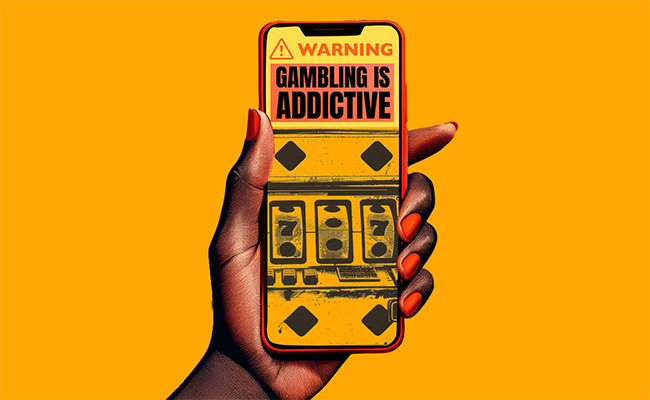
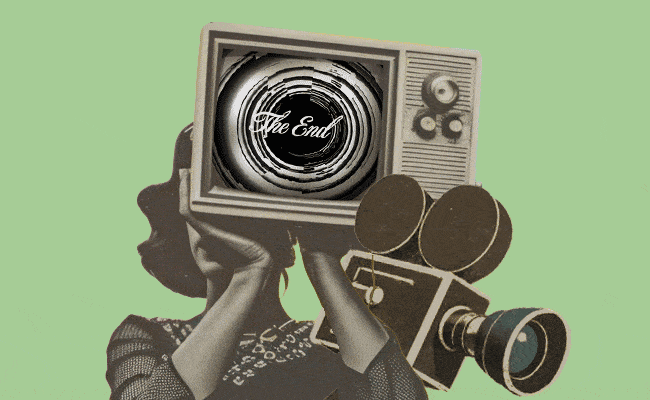


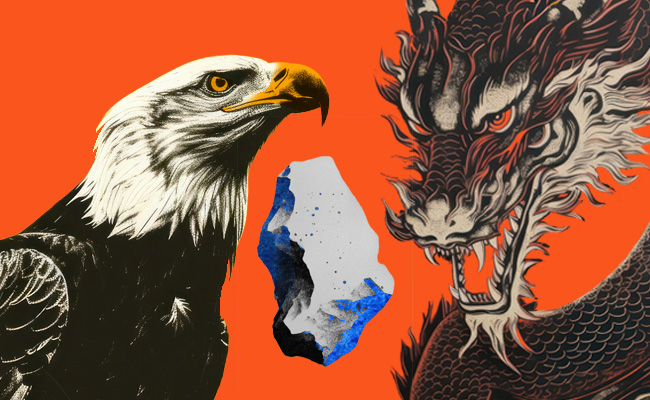
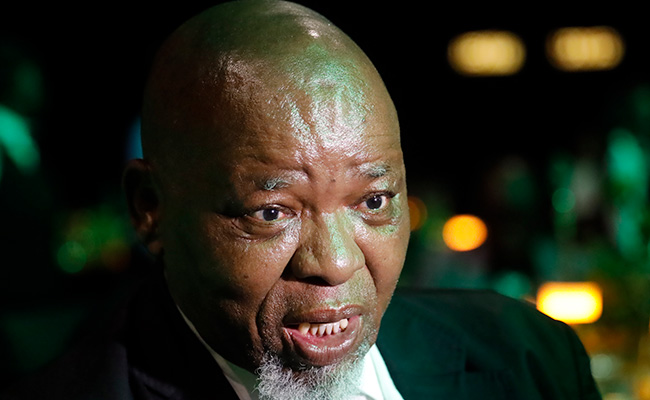
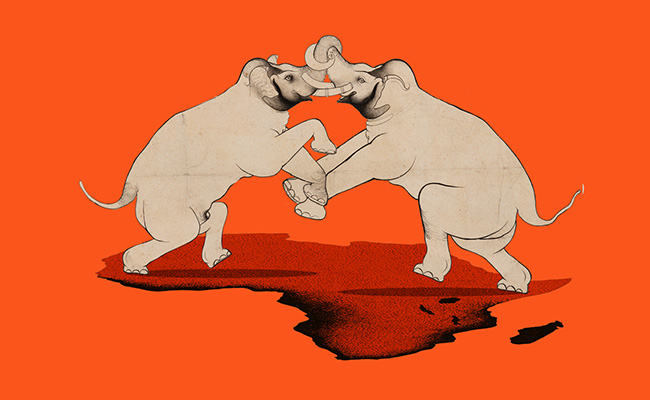

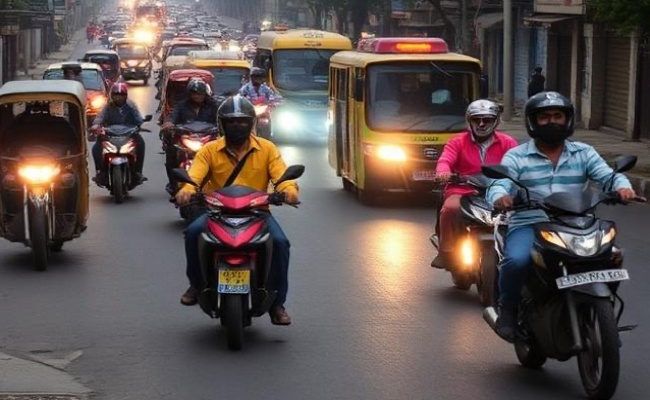



You mention five possible measures we can take. Is there precedent from other countries we can learn from? If so, which are the most effective measures?